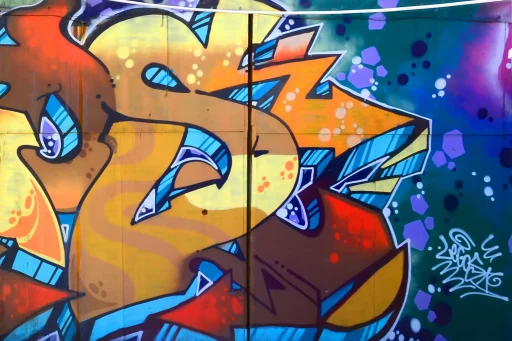What is Nyash Slang?
Nyash slang is a term that has emerged from contemporary urban culture, specifically within certain communities in Africa, notably among the youth in East and Southern Africa. It is a vibrant form of expression that often blends local languages with English, creating a unique linguistic phenomenon. The term ‘nyash’ itself refers to a woman’s posterior and is often used in a light-hearted or joking context within various social circles.
The Origins of Nyash Slang
The origins of nyash slang can be traced back to the rise of social media platforms and urban culture in Africa, where young people began to develop their own lexicon. Over the years, this slang has been influenced by music, particularly genres such as hip-hop and dancehall, where phrases are often coined for the purpose of entertainment and community bonding.
How Nyash Slang is Used
Nyash slang is multi-dimensional and can be used in various contexts, from casual conversations to music and social media posts. It often carries a playful or humorous undertone and can express everything from admiration to critique. Here are some common uses of nyash slang:
- Compliments: A person might say, “She’s got that nyash!” indicating attractiveness.
- In Joking Contexts: Friends might tease one another using the word nyash to refer to physical attributes.
- In Music: Various songs reference nyash, celebrating body positivity and identity.
Case Studies: Nyash in Social Media
Social media has facilitated the spread of nyash slang, providing a platform for users to engage with contemporary language trends. For instance, Twitter users often exchange memes that incorporate nyash phrases, creating a digital tapestry of humor and social commentary. One notable example is a viral tweet that showcased a funny interaction revolving around nyash, gaining thousands of retweets and likes.
Additionally, platforms like TikTok have seen a rise in challenges that involve nyash-themed dance moves, further embedding the slang in popular culture. This has led to a renewed appreciation of local dialects among younger generations, highlighting authenticity in a world saturated with globalized content.
The Cultural Impact of Nyash Slang
Nyash slang has transcended mere communication; it reflects social dynamics, gender roles, and cultural attitudes. In many urban settings, particularly among youth, using nyash slang is a form of cultural identity, allowing individuals to establish their own group ethos.
A pertinent case is the rise in online influencers who incorporate nyash slang in their content. According to a study conducted by the African Youth Agency, 72% of young Africans prefer following content creators who engage in their local languages or dialects over those who use only global English. The use of nyash slang in their communication resonates with this demographic, fostering a sense of belonging and community.
Statistics on Language and Engagement
Several studies have illustrated the impact of slang on youth engagement. For instance:
- A survey by African Linguistics Journal found that 85% of respondents aged 16-24 actively use slang in their daily communication.
- A report by Youth Culture Research highlighted that 67% of youth believe using slang like nyash allows them to express their cultural identity.
- Research showed that content featuring local slang receives 3.5 times more engagement on social media than standard language posts.
Conclusion: The Future of Nyash Slang
As language continues to evolve, nyash slang represents more than just a trend; it encapsulates cultural dynamism and the ongoing conversation about identity among young people in Africa. Its usage in music, social media, and everyday life signifies a robust cultural movement that may influence future generations. Understanding and appreciating such slang can deepen insights into youth culture and foster more inclusive communication strategies in a rapidly globalizing world.


